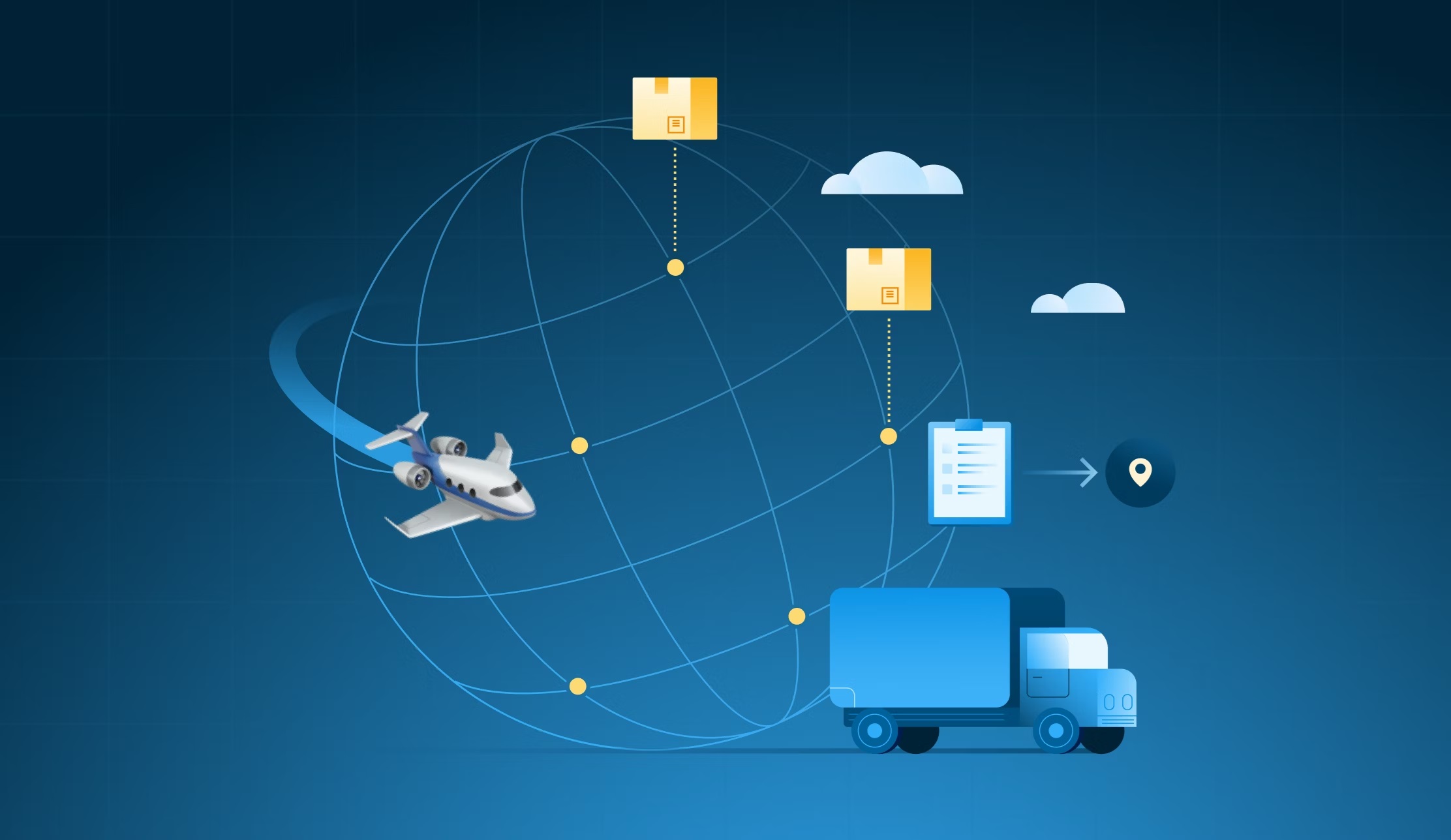Traditional career paths once followed a straightforward pattern: education, employment, promotion, retirement. Today, that model has shifted. Many individuals encounter detours, sector changes, and reassessments. This evolving landscape has changed the way career development is approached. Rather than viewing deviations as failures, professionals now use them as moments for redirection. Career trials have emerged as one of the most practical tools for exploring paths before committing to a long-term direction.
Reducing the Pressure of Long-Term Decisions
Committing to a career path can feel overwhelming, especially when uncertainty looms. Career trials relieve some of this pressure. Instead of diving into a full-time role and discovering misalignment months later, individuals use trials to make more informed decisions. It’s a strategic way to gain clarity while preserving flexibility. For students, mid-career professionals, or those re-entering the workforce, this approach supports gradual, low-risk transitions into suitable employment.
Testing the Waters Before Diving In
Committing to a new industry or role without prior exposure can be risky. Career trials offer individuals the chance to test the reality of a job or sector. A temporary placement, apprenticeship, or project-based assignment, these opportunities allow candidates to assess fit from the inside. It becomes easier to evaluate if a role aligns with interests, capabilities, and values. Through hands-on tasks, participants gain a deeper understanding of the job beyond what is written in job descriptions or discussed during interviews.
Gaining Skills Through Experience
Skill development thrives on application. While training sessions and courses provide knowledge, real-world experience adds context and depth. A career trial allows participants to develop specific competencies by working directly on job-related responsibilities. This short-term exposure may involve adapting to industry tools, communication protocols, or workflows that cannot be simulated in classroom environments. The practical skills acquired during this phase enhance employability and strengthen future job applications.
Rebuilding Confidence After Career Breaks or Transitions
For individuals returning after a career break or shifting to a new industry, confidence can be a major hurdle. Career trials provide a structured re-entry point where they can re-establish work habits and interact in a professional setting without the weight of long-term expectations. Each task completed during the trial helps rebuild assurance in one’s capability to contribute meaningfully in a work environment. This step-by-step exposure is particularly beneficial for those navigating career changes after retrenchment or caregiving responsibilities.
Broadening Professional Networks
A significant benefit of participating in a career trial is the opportunity to expand professional connections. Working with teams, supervisors, and mentors introduces trial participants to industry contacts who may provide references or inform them of new opportunities. Networking through action rather than cold introductions also allows for more authentic relationships to form. Even if the trial does not result in a full-time role, the experience leaves the door open for future collaboration.
Learn More: Future-Proofing Your Career: Essential Soft and Hard Skills Employers Demand
Discovering Hidden Career Paths
Many individuals are unaware of emerging job roles or niche industries until they experience them first-hand. Career development is not just about climbing one ladder—it’s about identifying which ladders exist and which direction to climb. Through a career trial, individuals may uncover new pathways that better match their evolving strengths or goals. These discoveries only become visible when one steps into new environments and observes possibilities in action.
Enhancing Career Development Plans
In structured career development frameworks, goal-setting is key. However, without practical insight, these goals may lack relevance or direction. A career trial provides evidence to support decision-making. It helps clarify short- and long-term goals and ensures that professional development efforts are based on realistic experiences. This input strengthens career development plans and improves their chances of success, whether the objective is industry entry, skill acquisition, or career advancement.
Making Career Growth More Dynamic
The world of work continues to shift in response to technology, economy, and evolving business models. To stay adaptive, individuals must embrace flexibility in their career paths. Career trials introduce growth—learning by doing, adjusting based on experience, and making decisions rooted in practical exposure. This dynamic way of progressing through a career reflects the fluid nature of today’s job market.
Career development no longer follows a straight line, and that shift opens the door to more informed, agile decisions. Career trials provide meaningful exposure, skill-building, and insight for individuals navigating changes or exploring options. They remove uncertainty and turn exploration into action—one experience at a time.
For more information about retrenchment support and career fair solutions, contact e2i today.















Comments